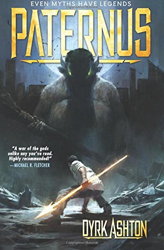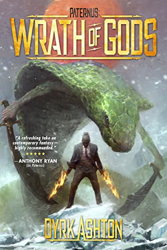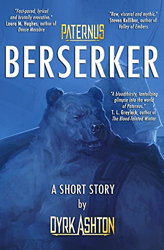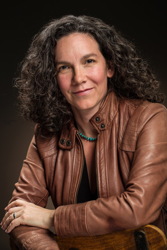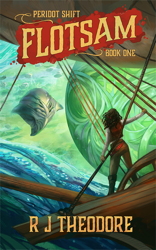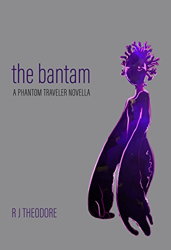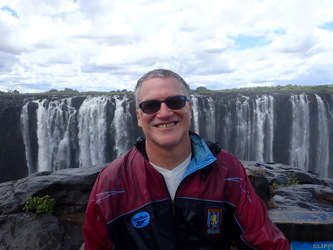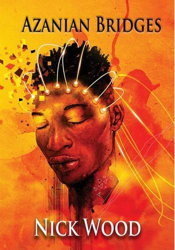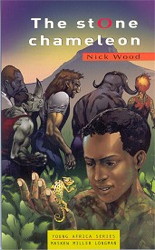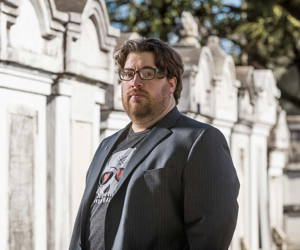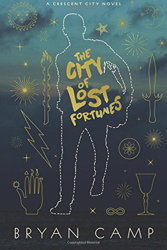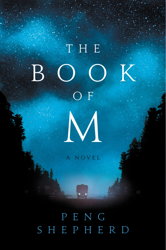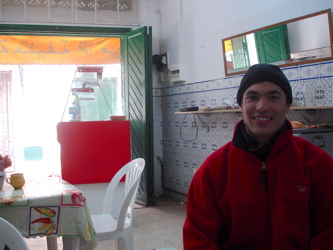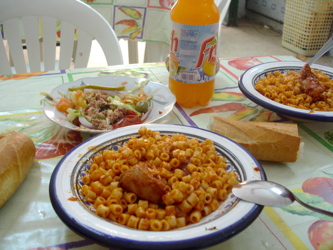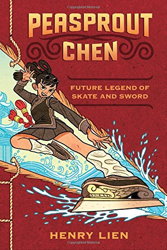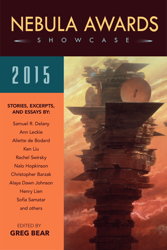
I’ve been busily preparing for the publication of the translation of a historic work into the Klingon language. The timing has been tricky because I wanted to have it done in time for the 25th annual Klingon Language Conference that begins on Thursday in Indianapolis. It’s going to be tight, but the plan now is for the printed proof to meet me in Indiana and it should all work out.
As exciting (to some) as that may be, it doesn’t make for a very good segue for introducing this week’s EATING AUTHORS guest, William Ledbetter. On the other hand, complaining about not having a good segue isn’t a bad segue, and so here we are.
Bill is a card-carrying geek of the space technology variety. He administers the Jim Baen Memorial Short Story Award contest for Baen Books and the National Space Society, and is also a graduate of the Launch Pad Astronomy workshop.
He mainly writes short fiction. It’s something he does very well (and he has a Nebula Award to prove it), but this blog generally only features authors who are publishing books, and that typically means novels (and more recently novellas). Bill found a loophole in that his first novel, Level Five comes out tomorrow as an audiobook, or as the fine folks at Audible like to call it, an “audible original.”
If you’re not already familiar with his work, this link will serve as a good introduction to it. Check it out, it’s free!

LMS: Welcome, Bill. Talk to me about your most memorable meal.
WL: I’ve had a good life that has been filled with amazing meals shared with fun and interesting people, so narrowing those down for this blog was difficult, but one recent dinner seems to have so many memorable elements that it begged for the honor.
Just before WorldCon last year, I received an email from my friend, writer and editor extraordinaire Eric Choi, inviting me to attend a dinner while in Helsinki. I knew Eric wouldn’t steer us wrong, because he’d set us up with some excellent Chinese cuisine while in Toronto for the International Space Development Conference a few years earlier, and he has a lot of interesting friends, so I eagerly accepted. We went to a Viking themed restaurant called Viikinkiravintola Harald which was only a couple blocks from the central train station. If you are a serious food critic, looking for the finest cuisine in Helsinki, you might be disappointed, because this place is set up to entertain tourists, but I am not so serious about my food and really enjoyed it.
Between my own plate and stealing tastes from my wife Denise’s plate, I tried things like reindeer tenderloin in lingonberry and butter sauce (lingonberries are very popular there,) beaver sausage, artichoke mashed potatoes and beer with tar in it (tar in food is very popular here too). Others at the table had things like tarred Baltic herring, cold-smoked salmon, smoked duck, lamb stew, tarred lingonberries, potato cake, fried fennel and cabbage and even tar-flavored ice cream served with tar and caramel sauce. Our host Eric Choi split “The Game Sword of Mimir the Giant” with Ian McDonald which had reindeer tenderloin, wild boar, partridge and vegetables skewered on a sword!
Of course the best part of any big dinner like this is the people. We had a good mix of scientists, writers, artists and various other disciplines, from at least a half-dozen countries, which made for some great stories and a lot of laughter. I sat next to Tony Pi, whom I had previously never met. As one might imagine from reading his work, he’s a fun and interesting guy. In addition to those already mentioned we were joined by Rodney Branch, Gillian Clinton, Asmus Koefoed, Cenk Gökçe, Yves Meynard, Geoff Landis, Mary Turzillo, Chelsea Merriman, Trica Tynan, Julie Novakova and Karen Rylander.

Thanks, Bill. That sounds like the kind of Worldcon meals my wife likes to organize (though yours was on a much bigger scale. And yeah, I had some tar liqueur while in Helsinki. What’s up with that?
Next Monday: Another author and another meal!
Want to never miss an installment of EATING AUTHORS?
Click this link and sign up for a weekly email to bring you here as soon as they post.
#SFWApro


